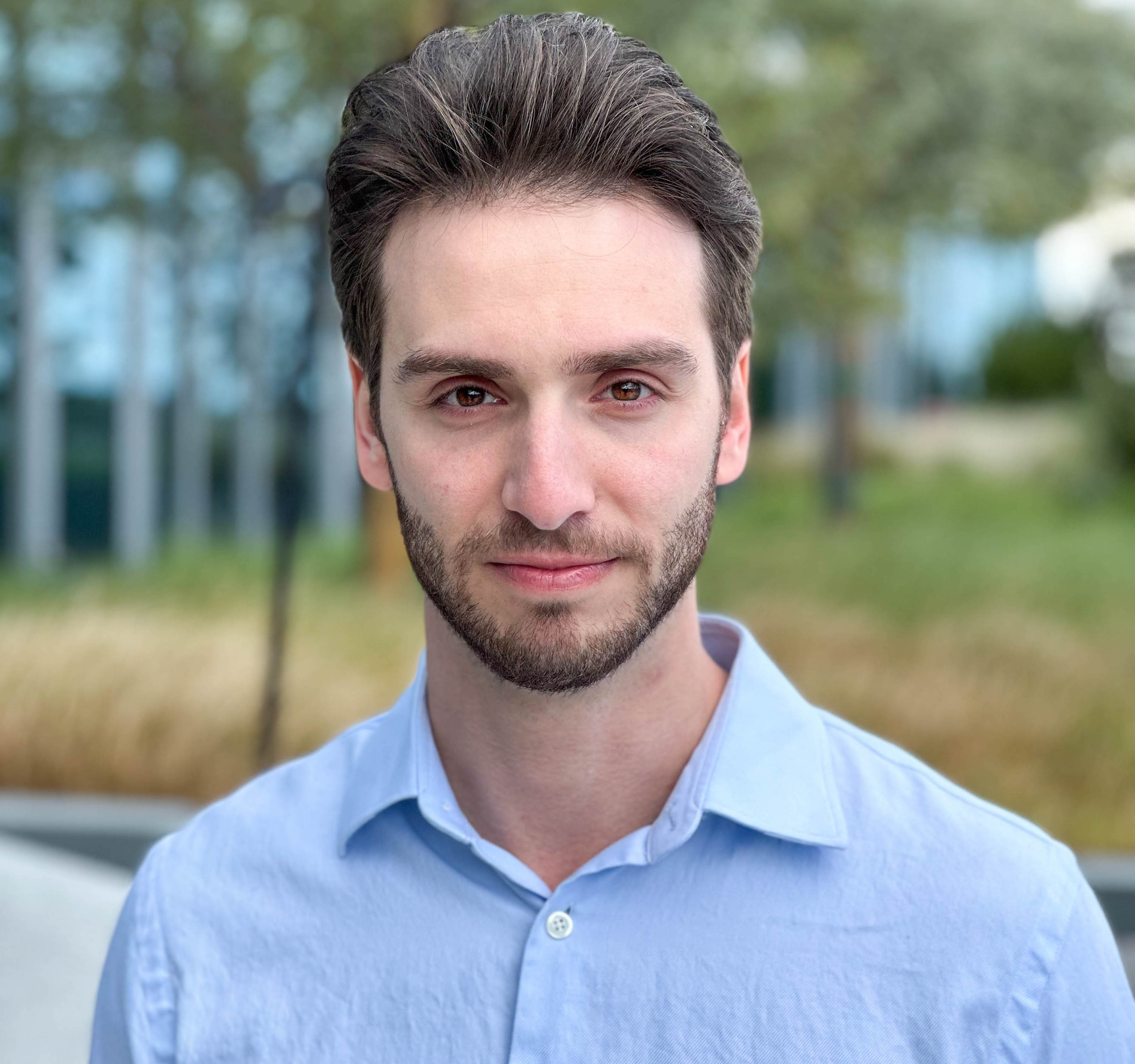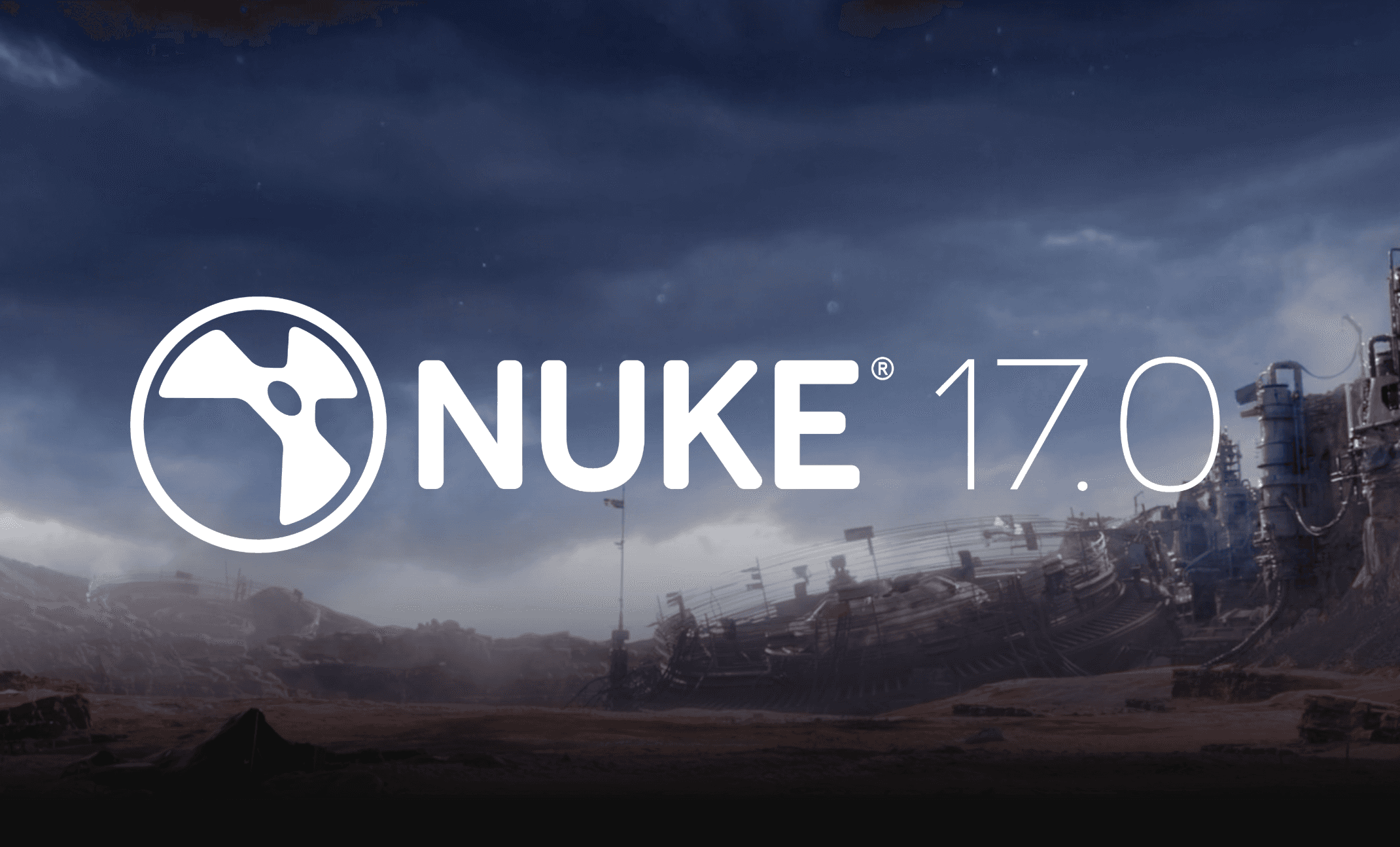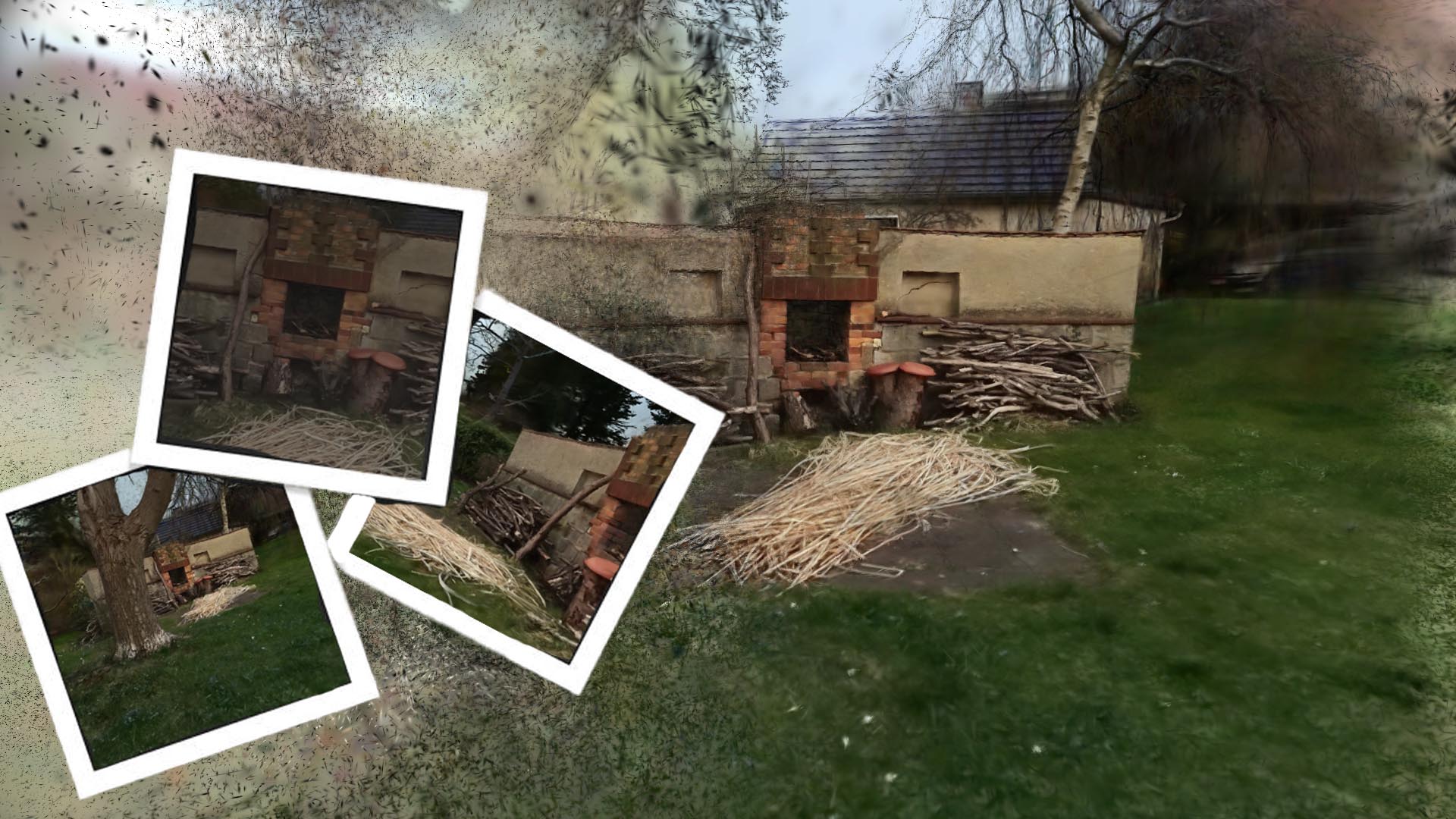

The prevalence of radiance fields in prominent music videos is on the rise. It was only two weeks ago that we saw Usher release a music video featuring Gaussian Splatting technology from Postshot. Today, our focus shifts to "Sorrys and Ferraris," the latest release from Polo G. This music video quickly ascended to the top 5 trending videos on YouTube, surpassing even Dua Lipa's newest single on the day of release.
I spoke to the music video director, Arrad, about the production, how radiance fields benefited the shoot, and more. Please enjoy!
What inspired you to incorporate radiance fields technology into your music video production?
Part of my mission this year is to explore new technologies in any of the films that I’m working on - both short & long-form. I’ve been a fan of radiance fields technology for quite some time now and figured it’d be great to explore utilizing it for my own work.
Did you know going into the shoot that you wanted to use radiance fields?
Yes, this was all pre-planned and intentional.
Similarly, one of the benefits of radiance fields is that they give you complete autonomy over the camera once captured. Did you have your camera shots planned out, or did you discover them in post?
We absolutely had them planned out. You only get complete autonomy if you properly capture the scene. Otherwise, you’ll be very limited with what you can do in post. Good pre-production = good post-production.
Could you walk us through the technical process of implementing radiance fields in your video? How did this technology influence the pre-production and production phases?
I mapped out the video timecodes and knew that I wanted to incorporate these shots in certain parts of the video for a certain amount of seconds each. This made pre and post-production much easier because we went into the shoot knowing exactly what we needed to capture instead of having to guess. And it made our VFX team’s life a whole lot easier because they knew their exact scope of work, especially given a tight turnaround.
How involved was the capture process?
The capture process was semi-involved, because it required us to set aside a certain amount of time on set for each setup to make sure we could get all the data we needed from each scan. The actual scanning process wasn’t too arduous, but definitely required us to be precise, slow, and patient.
What platform did you use to process the radiance fields?
How did they contribute to telling the story?
These clips created ethereal moments for us that helped shape meaning behind the multitude of Ferraris we had on set - representing how fast & furious Polo is moving forward in his life; onward from a difficult past, and into a positive, fruitful future.
The music video is in YouTube’s Top 5 trending videos right now. Did you expect such a response?
With Polo, it’s not a surprise. I give credit to his incredible fans and supporters.
What advice would you give to other directors interested in exploring radiance fields and other emerging technologies in their projects?
Do your research, ask questions, and make sure you find reliable people to help execute the vision in post-production. And most importantly, plan, plan, plan. You can’t go into this blindly.
Arrad's work can be explored further on his website arradr.com and Instagram @Arrad.







